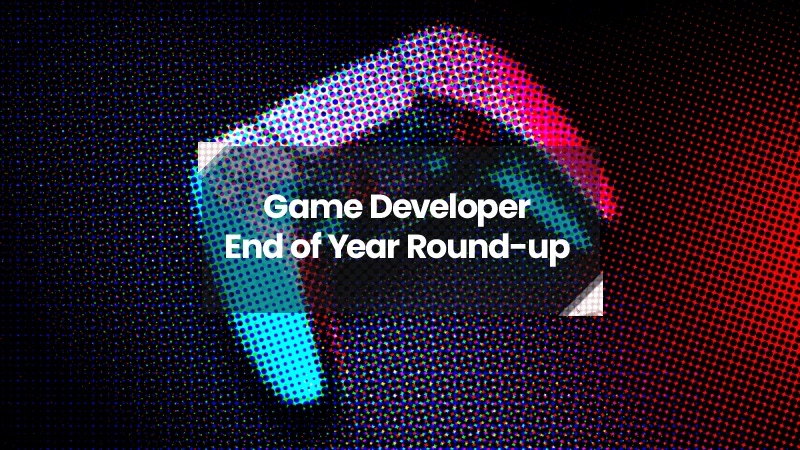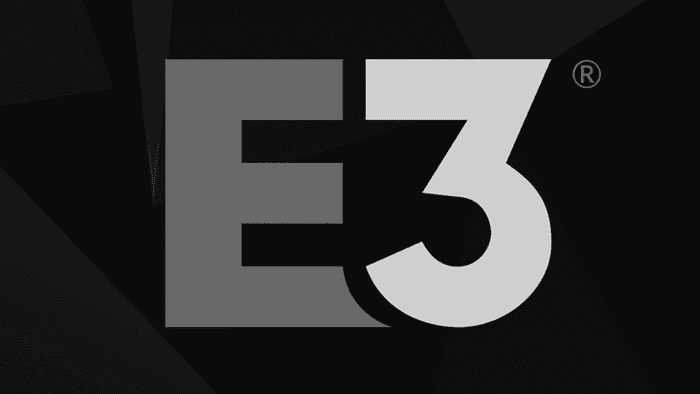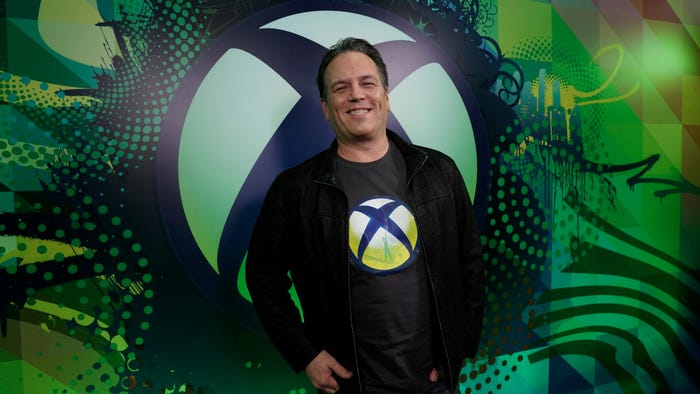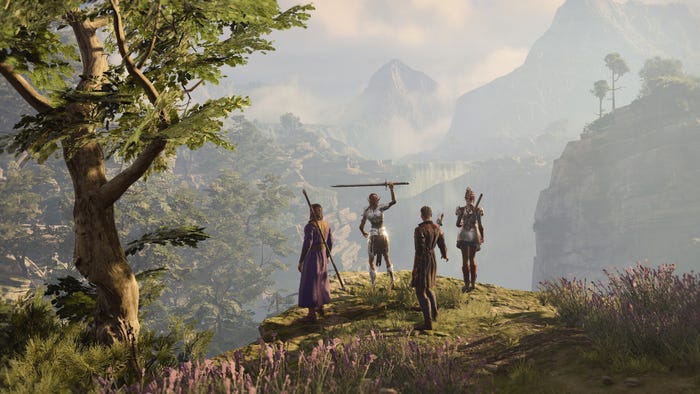Game Developer's 2023 wrap-up: The events that defined the year
From Unity's botched Runtime Fee to Embracer going scorched earth on its own development studios, here are the events that shaped the game industry in 2023.

It has been a year. The only thing predictable about 2023 was its ability to keep us guessing. So much happened over the past 12 months, and to be honest we're still processing most of it.
Microsoft (finally) acquired Activision Blizzard after seeing off regulatory challenges from the FTC and CMA in the United States and the UK. Epic Games took Google to court and convinced a jury the tech giant's Google Play marketplace has become a monopoly. Nintendo replaced the iconic voice of Mario (twice) and brought the character to the silver screen. A number of high-profile studios were called out for miscrediting developers. And, well, that's not even the half of it.
For all of the buzz and fanfare that surrounded the cacophony of acclaimed video games that debuted this year, there's no denying that 2023 was a challenging, often brutal year for those plying their trade in the game industry. A good chunk of the events we've highlighted below are proof of that, so as we did in our trends rundown, we want to take a moment before pressing on to send a clear message: support developers, because without them the game industry as we know it simply would not exist.
Here are the events that shaped 2023.
Developers revolted at Unity's planned runtime fee

Image via Unity
When Unity first pre-briefed us on their plans for a "Runtime Fee" that correlated to the number of game installations in September it was easy to predict this would not go over well with developers. What wasn’t predictable was the earthshaking backlash that led to almost two weeks of outrage, threatened boycotts, and massive financial donations to smaller Unity competitors.
Humbled and hammered, Unity sheepishly scaled back the Runtime Fee into an "engagement fee" that could correlate to the number of people playing your game or as a percentage of your revenue, whichever is lower. But the damage to Unity and its customers was done. Unity is now looking at decreased revenue in 2024 and for many developers the sense of reliability offered by the game services provider has been justifiably shattered.
This outcome was wholly avoidable but maybe made inevitable by Unity's push for profitability after becoming a publicly-traded company. The company went from a low-cost provider of game development software to aspiring tech giant that would service every industry and scoop up mobile advertising revenue as well.
Pursuit of profits is all well and good. But when that quest begins to corrode your core business—selling shovels to wide-eyed gold miners—don’t be surprised when they go looking for more reliable tools.
- Bryant Francis, Senior Editor
E3 kicked the bucket

Image via ESA
E3 had been on life support for a while, but after multiple failed revivals and a creeping sense of irrelevance, it was officially laid to rest in 2023. The Entertainment Software Association (ESA), which organizes the event, had struggled to find a place for the once-unmissable showcase in the post-pandemic landscape, with major publishers like Nintendo, Microsoft, and Sony instead choosing to support rival events like Summer Game Fest and The Game Awards or simply prioritize their own virtual extravaganzas.
The ESA even recruited PAX organizer ReedPop to revitalize E3 to no avail, but eventually severed ties with the company while promising to come back stronger. The ESA, however, failed to honor that pledge. Many felt the writing was on the wall after E3 2023 was cancelled just months before it was due to open, and eventually the ESA decided to stop fighting and allow the inevitable tide of progress to wash E3 away.
The seismic news was delivered on Tuesday, December 13, in a humble tweet. It represented a sad end for an historic event that for so long had been the centerpiece of a vibrant industry, but we'll always have the memories—and, of course, the memes.
- Chris Kerr, News Editor
Embracer Group torched its development studios

Image via Embracer Group
Perhaps no company better encapsulated the dire state of the video game industry in 2023 than Embracer Group. The Swedish conglomerate and CEO Lars Wingefors (pictured above) swaggered onto the scene in recent years by acquiring studios with carefree abandon, purchasing the likes of Gearbox, THQ Nordic, Crystal Dynamics, Coffee Stain Studios, Aspyr, Eidos Montreal, Square Enix Montreal, Tripwire Interactive, Beamdog and many more in a bid to become one of the industry's most influential players.
Instead, Embracer has become a cautionary tale about what can happen when spending spins out of control. After expanding to 139 internal studios and roughly 16,500 employees, the company announced it needed to pivot from its "current heavy-investment-mode" to become a "highly cash-flow generative business." For those who don't speak corporate, that meant layoffs and studio closures—and lots of them.
The company laid off 900 workers in the space of three months, shuttering studios Free Radical, Volition, Campfire Cabal and downsizing many others. In doing so, it became a poster child for everything that's wrong in the modern game industry, choosing to focus on "maximizing shareholder value" and acquiring brands over protecting the very people who worked tirelessly to make the video game industry what it is today.
Embracer is by no means the only corporation to sanction mass layoffs this year. Unity, Epic Games, Meta, and a litany of others have all wheeled out the guillotine to protect their balance sheets and those in the C-suite, leaving a trail of scorched earth in their wake.
- Chris Kerr, News Editor
Xbox gaming plans leaked by Microsoft

Image via Xbox Wire
Microsoft delivered one of the biggest news stories of the year when it inadvertently leaked a huge amount of information about its plans for Xbox. The details were unwittingly shared by Microsoft on a federal court website and offered a fascinating and unprecedented look at the current state of the company's video game business and what the future might hold.
For starters, we learned that the Xbox Series S is the more popular of Microsoft's two current generation consoles, with around 75 percent of Xbox owners having purchased the leaner, more affordable machine. The documents also revealed how much Microsoft expects to pay publishers to bring third-party titles to Xbox Game Pass, with some deals predicted to cost between $100 million to $300 million. Those are some hefty figures.
The leak shed a light on the company's production slate, too, suggesting that a third Dishonored title and a remaster of Fallout 3 are currently in the works. In an email exchange from 2020 (that you might want to take with a pinch of salt), Xbox boss Phil Spencer discussed the possibility of acquiring Nintendo and described the Japanese company as "the prime asset for us in gaming."
The email was sent with the subject header 'random thought' and it's unclear if that conversation ever went further, but it's still fascinating to glimpse the internal communications and sales insights of a company known for being guarded when compared to its main competitors.
For what it's worth, Phil Spencer eventually addressed the leak and suggested the information was outdated. "So much has changed, he wrote on X, formerly Twitter. " We will share the real plans when we are ready." Time will tell whether Spencer was being candid here, or simply attempting to downplay a colossal faux pas.
- Chris Kerr, News Editor
Baldur's Gate 3 rolled a nat 20

Image via Larian
In a year absolutely stacked with stellar video games, Belgian studio Larian arguably stole the show with D&D-based RPG Baldur's Gate 3. The studio's success was one of the feel good stories of the year, with Larian having cut its teeth in the RPG space working on the Divinity: Original Sin franchise before being invited to play in the world of D&D proper.
Stepping in to create the third mainline entry in an established (and acclaimed) franchise is a tall order, but Larian rose to the challenge with aplomb. The talented team crafted a campaign that translated the absurd chaos, distinct characters, and spiralling narratives at the heart of the tabletop experience for modern audiences and pushed the series—initially made famous by BioWare at the turn of the millennium—back into the spotlight.
The RPG attracted over 800,000 concurrent players on Steam alone within days of launch, prompting Larian founder Swen Vincke to suggest the title's performance was simply unprecedented. It was also the most played Steam Deck title during September. The studio's success wasn't purely numerical. Baldur's Gate 3 won critical acclaim during awards season and was eventually crowned Game of the Year at The Game Awards.
Like the rest of the industry, we've barely stopped crowing about the barmy, beautiful systems that make Baldur's Gate 3 so damn special. From the mocap tech that brought the title's talented performers to life, the versatile character creator that brought some modern flair to old school fantasy, the romances that explore the rich tapestry of sexuality, and one quest that senior editor Bryant Francis described as a "must-play" for game designers.
The accomplishments of the dev team at Larian became a shining light amid a year of turbulence and upheaval, and that's something worth celebrating.
- Chris Kerr, News Editor
About the Author(s)
You May Also Like











